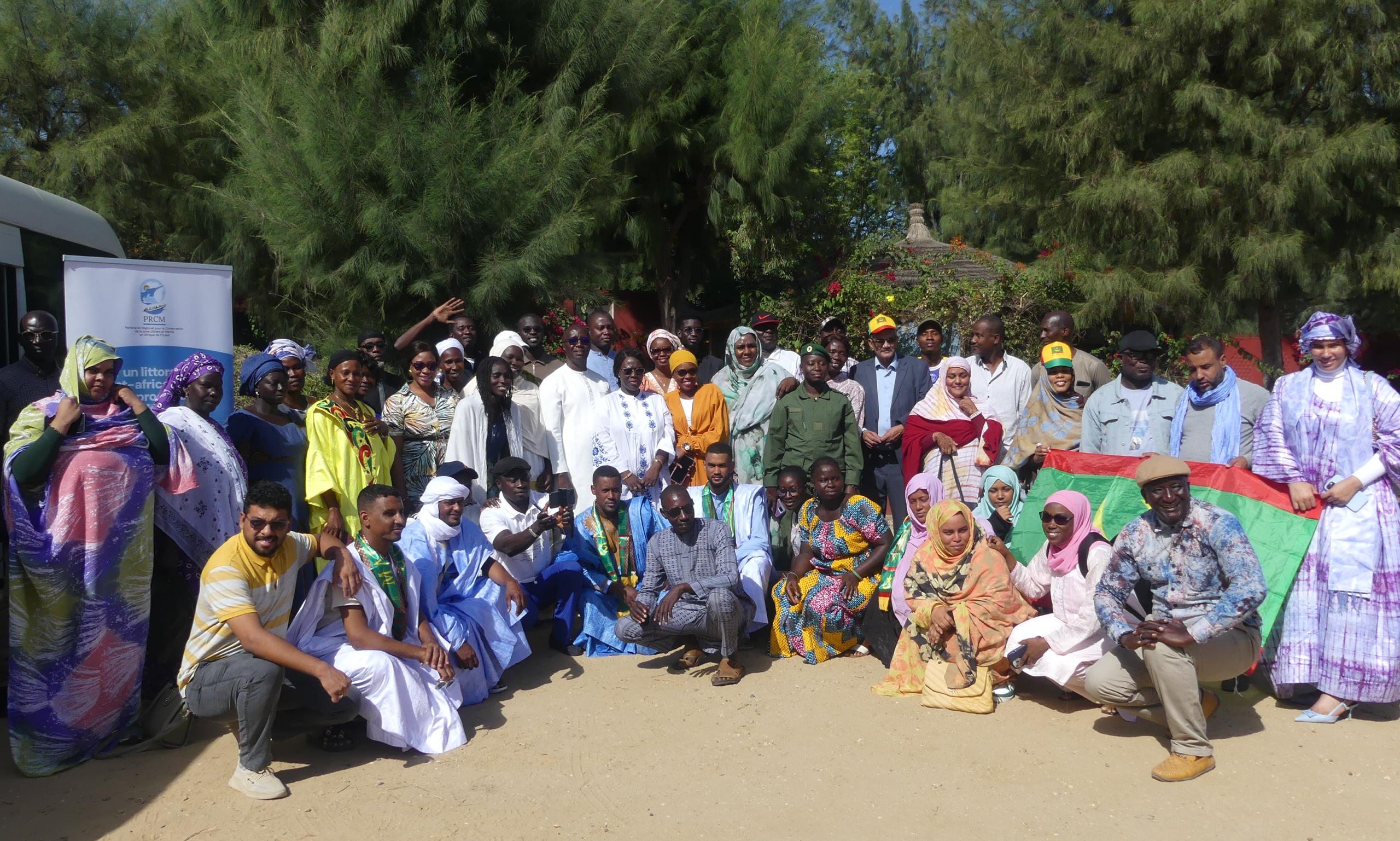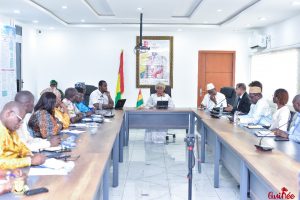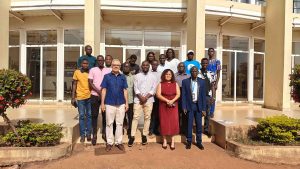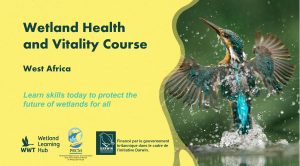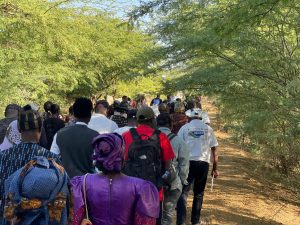As part of the implementation of the Sustainable Ecosystem-Based Adaptation Solutions (SEDAD) project, the Regional Partnership for Coastal and Marine Conservation (PRCM), in collaboration with the Cégep de la Gaspésie et des Îles, the Centre de Suivi Écologique (CSE), the Directorate of Community Marine Protected Areas (DAMCP), and the Banc d’Arguin National Park (PNBA), organized an exchange visit on Nature-Based Solutions (NBS) from November 27 to 30, 2024, in the Marine Protected Area of Saint-Louis, Senegal.
This visit brought together women and young people from Senegal, The Gambia, and Mauritania, originating from project sites, with the aim of enhancing their knowledge and fostering an exchange of experiences to address climate challenges. The event highlighted a concrete project implementing these innovative approaches.
The Fundamentals of Nature-Based Solutions
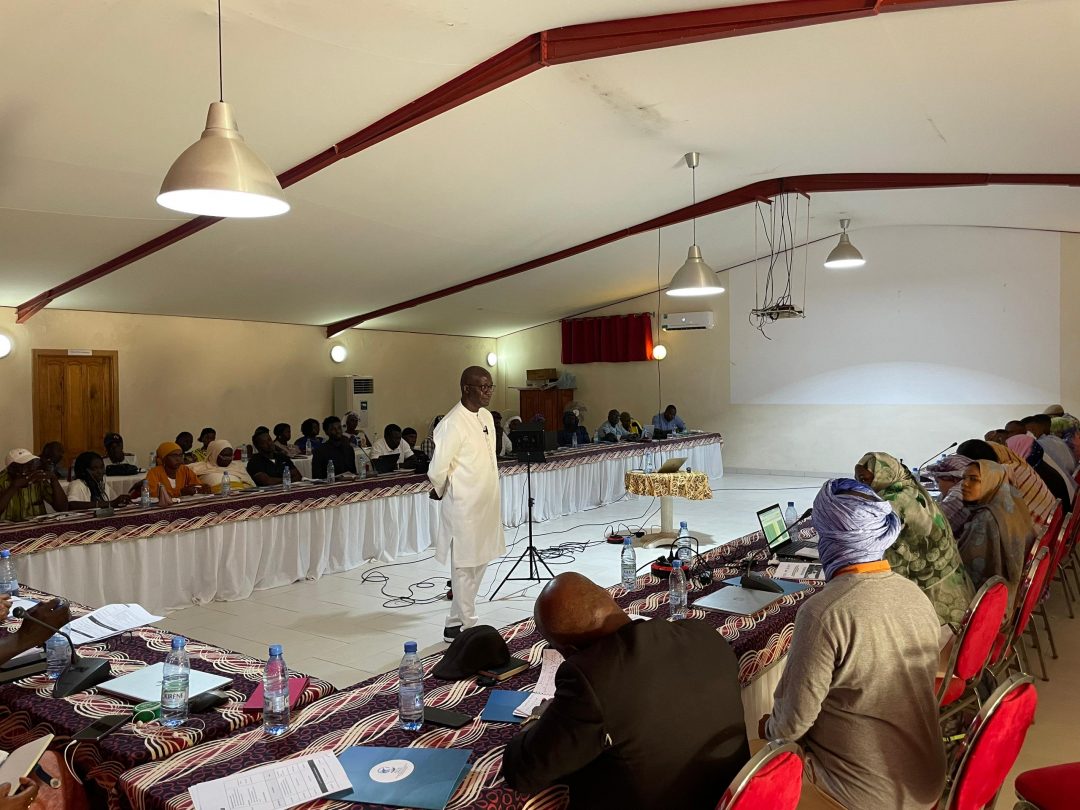
The visit began with an initial phase featuring a theoretical training session led by Ms. Mariame Soda, an expert from the Centre de Suivi Écologique (CSE), and Mr. Aliou Seydi, an environmental expert from the Cégep de la Gaspésie et des Îles.
During this session, participants were trained on the fundamental principles of Nature-Based Solutions (NBS) and their importance for climate change adaptation. These approaches, which simultaneously preserve biodiversity and community livelihoods, have proven particularly effective against challenges like coastal erosion.
Typhavelles: A Successful Example of Coastal Protection
On the ground, in the Saint-Louis Marine Protected Area, participants discovered typhavelles, an ingenious technique to combat coastal erosion.
This project, which has restored 140 meters of beach, demonstrates the effectiveness of natural solutions. By revitalizing vegetable gardening activities in six villages, it also provides sustainable economic opportunities for local populations.
The visit continued at the Ecological Artisanal Center for the valorization and conservation of mangroves and typha, located in Bango near the Senegal River.
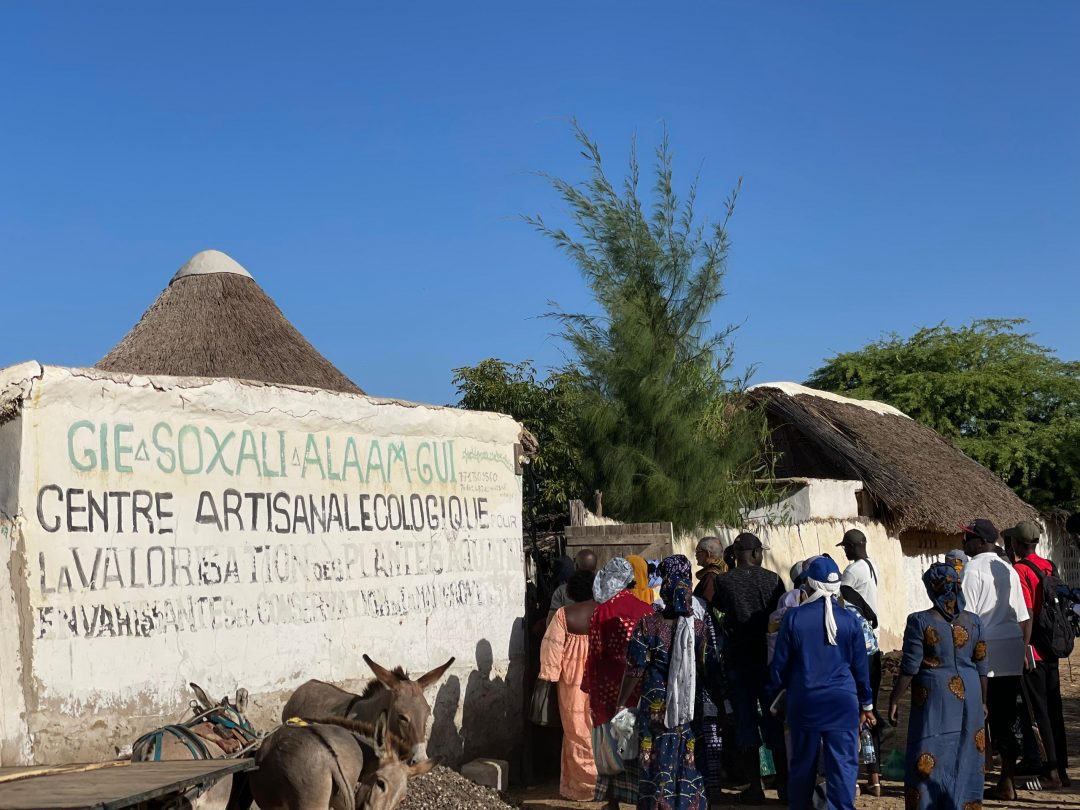
Mr. Mamadou Mbaye, president of Soxali Alamgui, an Economic Interest Group (GIE) and a passionate environmental advocate, showcased the multiple uses of typha, dubbed the “green gold.” This remarkable plant plays a key role in the production of bricks, insulation panels, and biofuels.
Participants also explored the learning spaces of the center, which host students from Gaston Berger University and researchers from the sub-region. This dynamic environment fosters constant knowledge exchange and innovation in ecosystem management. These shared moments strengthened participants’ understanding of typha and its benefits.
Toward Strengthened Collaboration and Renewed Commitment
The exchange visit not only reinforced sub-regional collaboration between Senegal, The Gambia, and Mauritania—one of the key objectives of the SEDAD project—but also encouraged the adoption of Nature-Based Solutions (NBS) in the communities of the three countries.
The delegations left the visit with enriched knowledge and a renewed commitment to integrate these solutions in their respective regions. These initiatives aim to build a more sustainable future for coastal and marine communities in the ecoregion, addressing the challenges posed by climate change.
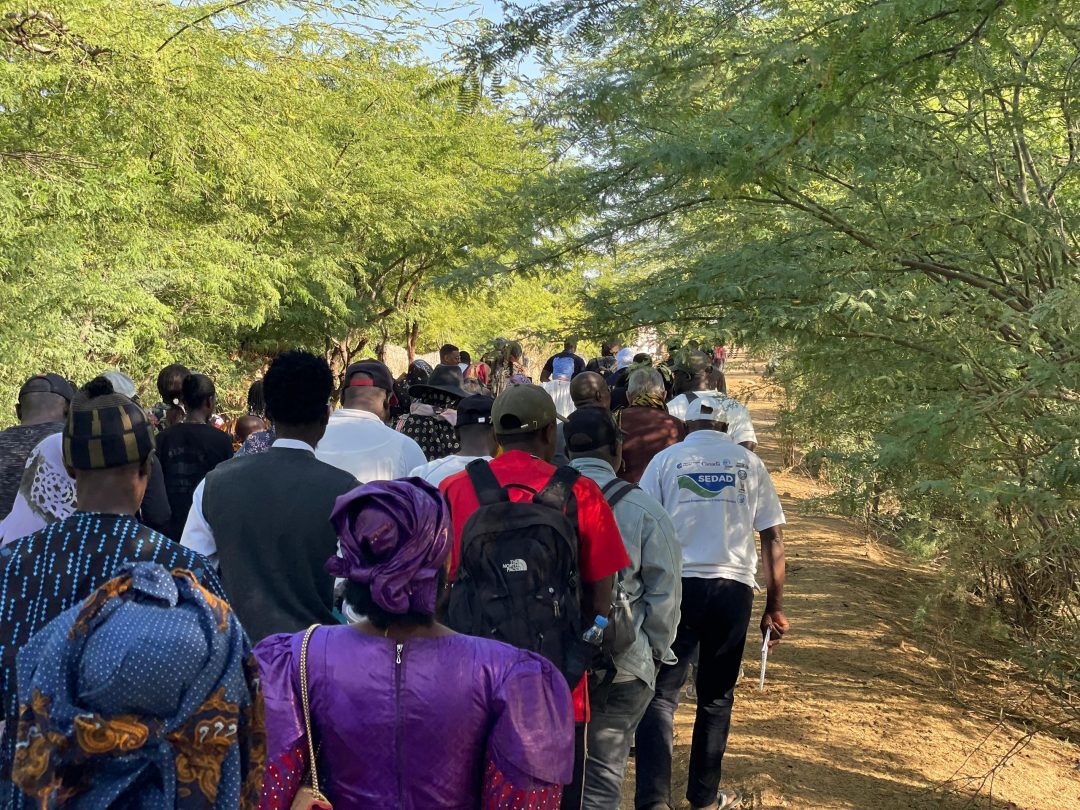
A key factor in the success of these initiatives lies in the central role of Marine Protected Area (MPA) management committees. In Saint-Louis, the visit showcased how these committees, composed of local community members, actively contribute to the sustainable management of marine and coastal ecosystems. Through conservation, awareness, and monitoring actions, they deliver direct benefits to local populations while enhancing their resilience to the effects of climate change. Thus, this visit represents a significant milestone in the SEDAD project. It highlights the exchange of best practices and the strengthening of local capacities as essential levers for sustainable natural resource management
